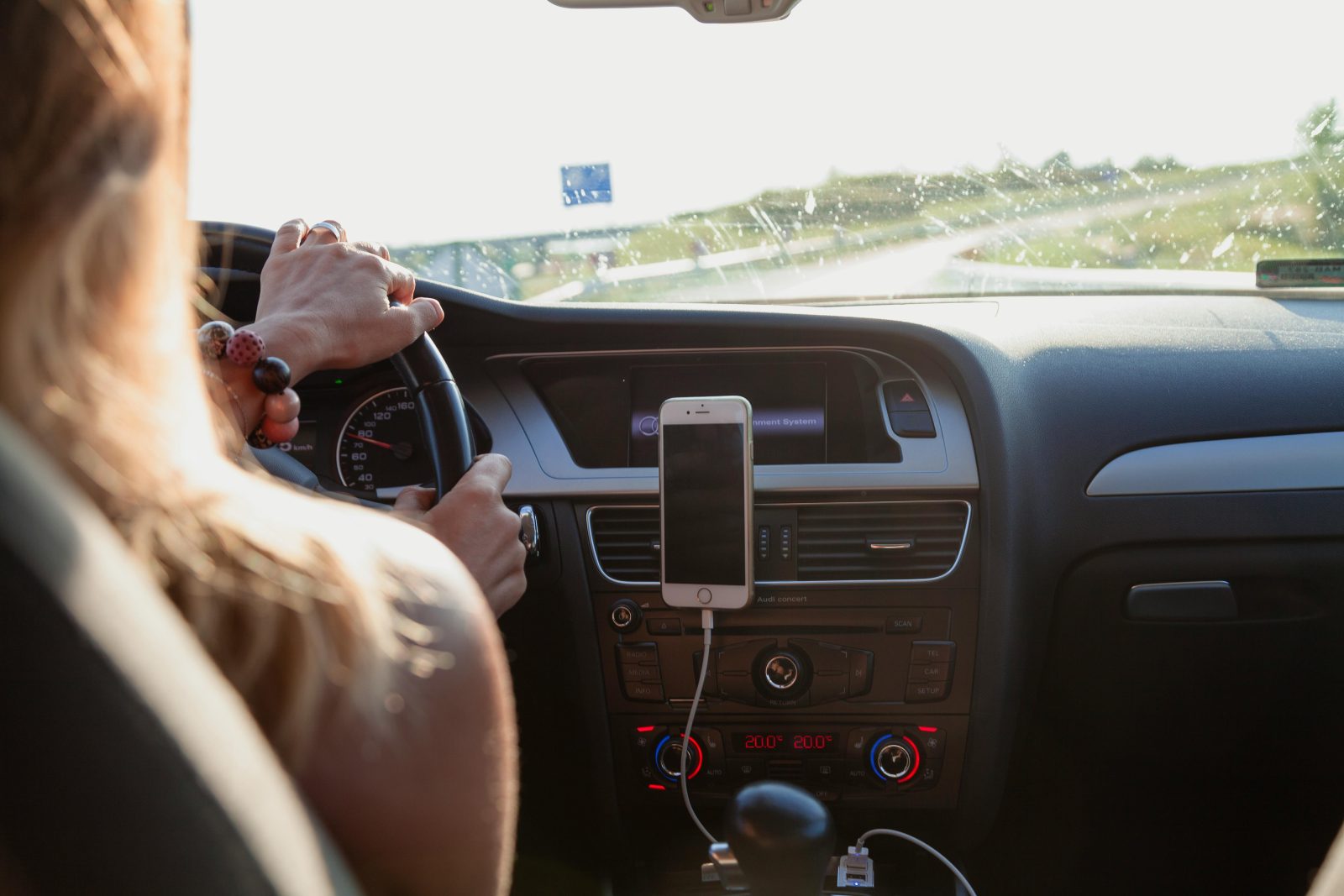
Can You Drink Tap Water in Belgium?
Belgium is known for its high standard of living and efficient infrastructure, but when it comes to tap water, questions often arise regarding its quality and safety. In this article, we will explore the source of Belgium’s tap water, the process of water treatment, the standards for drinking water, common concerns, the comparison between bottled water and tap water, and provide helpful tips for tourists visiting Belgium.
Understanding the Source of Belgium’s Tap Water
Belgium is blessed with an abundant supply of fresh water from various sources. The primary sources of tap water in Belgium include underground wells and surface water from rivers and lakes. These sources are managed by local water companies, which play a crucial role in ensuring the availability of safe drinking water for the entire population.
Belgium’s water infrastructure is a marvel of engineering, with a network of pipes stretching across the country to deliver clean water to homes, businesses, and public facilities. The intricate system is constantly monitored and maintained to prevent leaks and ensure efficient water distribution. Additionally, Belgium’s water companies conduct regular quality tests to uphold the standards of purity and safety in the tap water supply.
The Role of Local Water Companies
Local water companies in Belgium are responsible for the extraction, treatment, and distribution of tap water. They operate under the strict regulations set by the regional governments to ensure that the water supplied to households meets the highest quality standards. These companies invest in advanced infrastructure and employ skilled professionals to guarantee safe and reliable tap water for all.
Furthermore, local water companies in Belgium actively engage in community outreach and education programs to raise awareness about water conservation and the importance of preserving water sources. By promoting sustainable practices and responsible water usage, these companies aim to protect the environment and ensure the long-term availability of clean water for future generations.
The Process of Water Treatment in Belgium
Before tap water reaches our homes, it undergoes a rigorous treatment process to remove impurities and ensure its safety. The treatment process typically includes several stages such as coagulation, sedimentation, filtration, disinfection, and pH adjustment. This multi-step process eliminates harmful bacteria, viruses, chemicals, and other contaminants, making the tap water in Belgium suitable for drinking.
Moreover, Belgium’s water treatment facilities are equipped with state-of-the-art technology to enhance the purification process and meet stringent quality standards. Continuous research and innovation in water treatment methods allow for the efficient removal of emerging contaminants, ensuring that the tap water remains clean and safe for consumption. The commitment to excellence in water treatment reflects Belgium’s dedication to providing its residents with access to high-quality drinking water that meets the highest health and safety requirements.
Quality and Safety of Tap Water in Belgium
The quality and safety of tap water in Belgium are subject to stringent standards and regular testing. The following sections will delve into the specific details regarding the standards for drinking water and the measures taken to monitor water quality.
Standards for Drinking Water in Belgium
Belgium sets strict standards for drinking water quality, adhering to the guidelines set by the World Health Organization (WHO) and the European Union (EU). These standards ensure that tap water is free from harmful substances and meets the necessary parameters for human consumption. The water companies conduct regular tests to ensure compliance with these standards.
In addition to international guidelines, Belgium also has its own national regulations that further enhance the quality of tap water. These regulations take into account specific local factors and potential contaminants, ensuring that the water supplied to households is of the highest quality. By combining international standards with domestic regulations, Belgium maintains a comprehensive approach to safeguarding the health of its citizens through access to clean and safe drinking water.
Regular Testing and Monitoring of Water Quality
The tap water in Belgium is continuously monitored to guarantee its safety. Water companies conduct frequent tests at various stages of the treatment process, as well as in distribution networks and households. This comprehensive approach ensures that any deviation from the set standards is detected and addressed promptly, safeguarding the public’s health.
Furthermore, Belgium employs advanced technology and innovative monitoring systems to enhance the efficiency of water quality testing. Automated sensors and real-time data analysis play a crucial role in detecting any anomalies in water quality, allowing for immediate corrective actions to be taken. By embracing technological advancements in water monitoring, Belgium reinforces its commitment to providing its population with reliable and safe tap water.
Common Concerns about Drinking Tap Water in Belgium
Although tap water in Belgium is generally considered safe to drink, some concerns arise among locals and tourists. The following sections will address the primary concerns, including taste and odor of tap water, variations in water hardness across different regions, and the impact of water treatment processes on water quality.
Belgium has stringent regulations in place to ensure the safety of tap water. The water undergoes thorough testing and treatment to meet the standards set by the European Union. Despite these measures, some individuals may still have reservations about the quality of tap water due to its taste, odor, or appearance.
Taste and Odor of Tap Water
While tap water in Belgium is safe, some individuals may find its taste and odor slightly different from what they are accustomed to. This variation can be attributed to the differences in the natural composition of the water sources in different regions. Although the taste may vary, it does not indicate any compromise in the safety or quality of the tap water. However, if the taste or odor is a concern, using a water filter or chilling the water can help improve these aspects.
Moreover, the taste of tap water can also be influenced by factors such as the presence of chlorine, which is commonly used in the disinfection process. The level of chlorine in tap water is carefully monitored to ensure it remains within safe limits for consumption.
Hardness of Water in Different Regions
Water hardness refers to the concentration of minerals, particularly calcium and magnesium, in the water. In some regions of Belgium, tap water may be classified as “hard water.” Hard water is generally safe to drink, but it can create mineral deposits in pipes and appliances over time. If you prefer, you can use a water softener or install a filtration system to reduce the hardness of the tap water.
It is important to note that the hardness of water does not pose a health risk, but it can affect the taste and texture of beverages like tea and coffee. Some people may choose to use bottled water for drinking and cooking purposes if they are particularly sensitive to the hardness of tap water.
Bottled Water vs Tap Water in Belgium
The choice between bottled water and tap water is a common consideration, especially for tourists. This section will examine the environmental impact of bottled water and provide a cost comparison between the two alternatives.
Belgium, known for its high-quality tap water, boasts a robust infrastructure that delivers safe and clean drinking water to its residents and visitors. The country’s tap water undergoes rigorous testing to ensure it meets stringent quality standards, making it a reliable and sustainable choice for hydration.
Environmental Impact of Bottled Water
Bottled water consumption contributes to plastic waste and carbon emissions. Transporting and disposing of single-use plastic bottles have significant environmental consequences. By opting for tap water, both visitors and locals can significantly reduce their environmental footprint and support sustainability efforts.
Moreover, the production of bottled water requires substantial amounts of energy and resources, further exacerbating its environmental impact. From the extraction of water to the manufacturing of plastic bottles, the process contributes to greenhouse gas emissions and resource depletion. In contrast, tap water in Belgium is sourced locally, reducing the carbon footprint associated with long-distance transportation.
Cost Comparison: Bottled Water vs Tap Water
In addition to environmental considerations, the cost comparison between bottled water and tap water reveals a significant difference. Tap water is considerably cheaper, if not free, compared to the cost of purchasing bottled water daily. Choosing tap water not only saves money but also promotes a more sustainable lifestyle.
When factoring in the hidden costs of bottled water, such as production, packaging, and transportation, the economic advantage of tap water becomes even more pronounced. By embracing tap water as the primary source of hydration, individuals can make a positive impact on both their wallets and the environment.
Tips for Tourists: Drinking Water in Belgium
For tourists visiting Belgium, it is important to know how to utilize tap water for cooking and drinking, as well as maintain proper hydration while exploring the country.
Using Tap Water for Cooking and Drinking
Tourists can confidently use tap water for cooking and drinking purposes. The tap water in Belgium meets the highest quality standards and is safe for consumption. It is recommended to follow basic hygiene practices, such as washing fruits and vegetables with tap water before consumption.
Belgium takes great pride in its water treatment process, which ensures that tap water is of the highest quality. The water undergoes a series of rigorous treatments, including filtration, disinfection, and pH adjustment, to remove impurities and ensure its safety. Additionally, the country has a robust monitoring system in place to regularly test the water quality and ensure compliance with the strictest standards.
Hydration Tips for Travelers in Belgium
Exploring Belgium’s vibrant cities and picturesque landscapes can be physically demanding. To stay hydrated throughout your journey, carry a reusable water bottle and refill it with tap water whenever needed. This not only ensures a constant supply of drinking water but also reduces your environmental impact by avoiding single-use plastic bottles.
Belgium’s commitment to sustainability extends beyond its water treatment process. The country has implemented various initiatives to promote the use of reusable water bottles and reduce plastic waste. You will find water fountains and refill stations conveniently located throughout the cities, making it easy to stay hydrated while minimizing your ecological footprint.
In conclusion, tap water in Belgium is safe and of high quality, thanks to the thorough treatment process and continuous monitoring systems in place. While some concerns, such as taste and regional water hardness, may arise, they do not compromise the safety of the tap water. By choosing tap water over bottled water, both residents and tourists can contribute to environmental sustainability and enjoy significant cost savings. So, when in Belgium, feel free to drink from the tap and stay hydrated while exploring this beautiful country.






